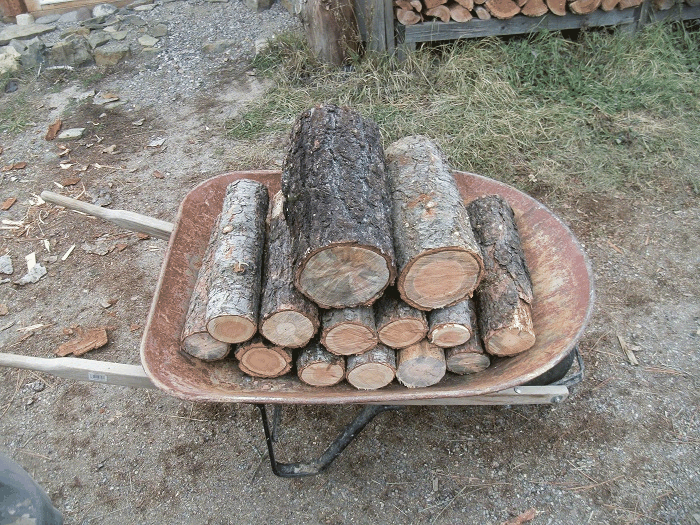
 4
4




Work smarter, not harder.
 7
7




Sometimes the answer is nothing

 6
6




 7
7




The holy trinity of wholesomeness: Fred Rogers - be kind to others; Steve Irwin - be kind to animals; Bob Ross - be kind to yourself

 5
5




"Never doubt that a small group of thoughtful, committed citizens can change the world; indeed, it's the only thing that ever has."-Margaret Mead "The only thing worse than being blind, is having sight but no vision."-Helen Keller
 3
3




 5
5




John Daley Bendigo, Australia The Enemy of progress is the hope of a perfect plan
Benefits of rainfall collection https://permies.com/t/88043/benefits-rainfall-collection
GOOD DEBT/ BAD DEBT https://permies.com/t/179218/mortgages-good-debt-bad-debt
 4
4




Work smarter, not harder.




Work smarter, not harder.
 3
3








The holy trinity of wholesomeness: Fred Rogers - be kind to others; Steve Irwin - be kind to animals; Bob Ross - be kind to yourself
 1
1




Work smarter, not harder.
 1
1




Work smarter, not harder.
 3
3




 3
3




When the kids were young, one of them got grey socks, the other black. I knew *exactly* who to call if socks were left abandoned! We had two bins in the bedroom, "light" and "dark" and the kids knew by age 4 to sort their stuff. This had the added advantage that one kid's socks landed in each bin! I made sure that racks were "kid-height" so coats got hung and I started very early at giving them "kid-sized" responsibilities. Similarly, in the kitchen the shelves for plates/bowls/cups for everyday use are actually in a pantry closet near the kitchen table rather than over the counter where a) the kids couldn't reach and b) setting the table would potentially interfere with dinner prep.I HATE that socks come in multicolor packs.
Visit Redhawk's soil series: https://permies.com/wiki/redhawk-soil
How permies.com works: https://permies.com/wiki/34193/permies-works-links-threads
 2
2




John C Daley wrote:I plan many things to save time and effort.
= always carry something on a trip anywhere




 2
2




 3
3




![Filename: motherlode-chores-tmagArticle.png
Description: [Thumbnail for motherlode-chores-tmagArticle.png]](/t/95798/a/68041/motherlode-chores-tmagArticle.png)
Bee Putnam







Travis Johnson wrote: Full synethic oil is always worth the extra cost. It has everything that is required, and nothing that doesn't unlike mineral oil that has contaminants by its very natural make up
Because of the two reasons above, I seldom change my oil; my equipment is old and still functioning, my cars go to 250,000 miles, and I am not wasting money on oil changes. Run full synthetic oil, check it often, and keep the oil full and the engine will be sounds for years and years.
Praying my way through the day







Praying my way through the day




To lead a tranquil life, mind your own business and work with your hands.

| I agree. Here's the link: http://stoves2.com |





